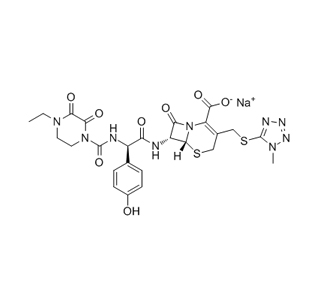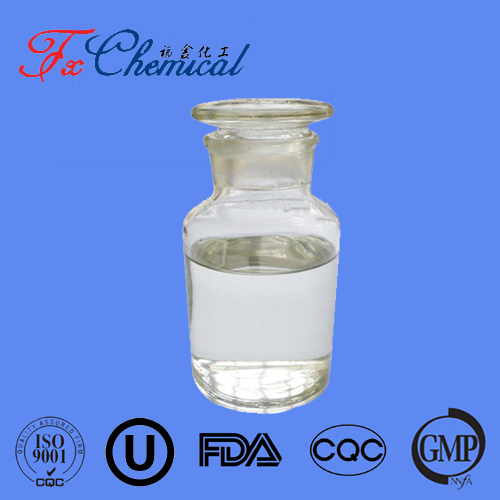
Search

Search

In the development process of modern agriculture, the prevention and control of crop diseases is a key link to ensure crop yield and quality. Among them, the research and application of chemical pesticides, as an important means of pest and disease control, play an irreplaceable role in ensuring food security and promoting sustainable agricultural development. 131860-33-8, as a broad-spectrum and highly effective fungicide, has demonstrated great application potential and value in the agricultural field with its excellent systemic conductivity, strong penetration ability, and long-lasting protective effect. This article will explore the innovative applications of 131860-33-8 and how it helps improve crop yield and quality.
131860-33-8, as a new type of fungicide, boasts core advantages due to its broad-spectrum fungicidal ability. Unlike traditional fungicides, 131860-33-8 exhibits excellent protective, therapeutic, and eradicative effects on almost all types of fungal diseases. Additionally, 131860-33-8 has superior systemic conductivity and penetration, allowing it to be quickly absorbed by plants and distributed throughout the plant, effectively inhibiting the growth and reproduction of pathogens. It performs excellently even against concealed or systemic diseases. Its long-lasting effect reduces the frequency of applications, lowering agricultural production costs and alleviating environmental pressure.
Foliar spray
131860-33-8 can be applied through foliar spraying, directly targeting the leaves and stems of crops to quickly control the development of diseases.
Seed treatment
Treating seeds with 131860-33-8 before sowing can establish a protective barrier at the early growth stages of crops, effectively eliminating pathogens on the seed surface and inside, preventing disease occurrence, and laying a solid foundation for healthy crop growth. This application method is particularly suitable for crops susceptible to soil-borne diseases, such as watermelon and tomato, significantly increasing germination rates and seedling quality.
Soil treatment
The soil application of 131860-33-8 involves applying the agent to the soil before sowing or transplanting, forming a protective layer that inhibits the activity of soil pathogens, reducing the occurrence of root diseases. This method is especially suitable for areas with severe continuous cropping obstacles, helping to restore soil ecological balance, enhancing root vitality, and improving nutrient absorption and utilization, thereby increasing yield and improving quality.
Increase yield
By effectively controlling diseases, 131860-33-8 can reduce crop loss, thereby increasing crop yield.
Improve quality
The use of 131860-33-8 helps maintain healthy crop growth, reducing the impact of diseases on crop quality, such as color, shape, and taste.
Enhance crop resistance
131860-33-8 can also enhance the resistance of crops to adverse conditions, such as drought and low temperatures, further improving the stability of crop production.
In summary, 131860-33-8 is becoming a shining star in the field of modern agricultural disease control, thanks to its unique fungicidal mechanism, diverse application methods, and significant effects on increasing crop yield and quality. FX is committed to optimizing 131860-33-8's application technology, exploring its integration with other biological and physical control methods, and providing you with efficient and low-toxicity 131860-33-8 fungicide.

Quick Links
Add:
E-mail:
 English
English  Español
Español  français
français  العربية
العربية 


